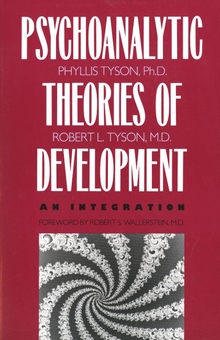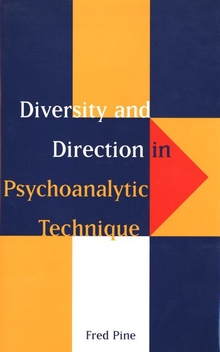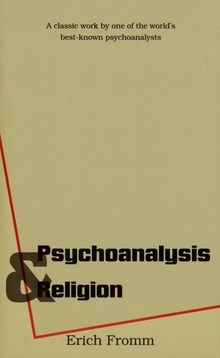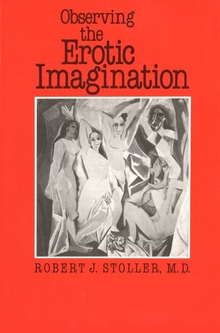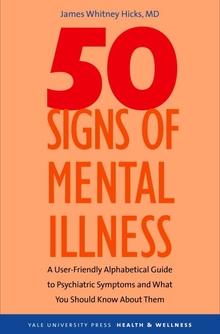The Psychoanalytic Theories of Development
WARNING
You are viewing an older version of the Yalebooks website. Please visit out new website with more updated information and a better user experience: https://www.yalebooks.com
An Integration
Phyllis Tyson and Robert L. Tyson
"A major and ground-breaking work filling a great void. It sheds new light while making significant original and clinically informed contributions. For anyone interested in how the mind develops, functions, and can run into difficulties, this book is essential."—Joseph Sandler
"The authors provide a comprehensive integration of psychoanalytic theories of human development from Freud to the present, showing their implications for the evaluation and treatment of children and adults."—Bulletin of the Anna Freud Centre
"A comprehensive review of the literature of psychoanalytic theories of emotional growth, from Freud’s work to the present. More importantly, it provides a framework for integrating theories of psychosexual development with the development of emotional, behavioral, cognitive, and social systems."—Biological Abstracts
"The Tysons . . . review a large body of psychoanalytic literature and integrate Freud’s schemas with ideas from ego psychology, Piaget, Spitz, Anna Freud, and von Bertalanffy’s general systems theory. . . . Psychoanalytic Theories of Development is well written and . . . remarkably easy to read. The extensive bibliography, glossary, and index facilitate cross-references and enhance the monograph’s usefulness as a study text."—Varda Peller Backus, m.d., Hospital and Community Psychiatry
"A major contribution. . . . [The authors] strive—successfully for this reader—to integrate psychosexual development, object-relations development, and the development of the sense of self. Their writing is careful and clear. . . . Their scholarship is impressive. In addition to psychoanalysts and psychoanalytic candidates, this book will be helpful to those faculty members of psychiatric and psychologic training programs with responsibility for teaching students a developmental perspective."—Jerry M. Lewis, m.d., American Journal of Psychotherapy
"This important new book presents a comprehensive integration of psychoanalytic theories of human development from Freud to the present, showing their implications for the evaluation and treatment of children and adults."—Sigmund Freud House Bulletin
"This book serves to synthesize, organize, and harmonize major psychoanalytic perspectives into a coherent theory about intrapsychic functioning from birth through adolescence. . . . The integrative concepts and ideas of this book deserve attention."—Milfred Dale, Bulletin of the Menninger Clinic
"This volume is an excellent review, from a contemporary Freudian standpoint, of psychoanalytic theories of development. . . . It deserves to be widely read. . . . Essential for good psychiatric libraries, and highly recommended to the individual reader and purchaser."—Mark Berelowitz, British Journal of Psychiatry
"[It] distills the essence of a hundred years of developmental research, skillfully integrating data from multiple sources and identifying areas of continuing uncertainty. [It is] the best available text for the explication of the mainstream psychoanalytic point—or points—of view on the developmental process."—Aaron H. Esman, International Journal of Psychoanalysis
"Both the experienced and novice in psychoanalytic thought will find this volume of great value."—Cecil C. H. knowledge, M.D., Psychoanalytic Books: A Quarterly Journal of Reviews
"Well written and, for a theoretical exposition, remarkably easy to read."—Varda Peller Backus, M. D., Hospital and Community Psychiatry
"Fulfills the needs of analytic clinicians and theorists for a careful and accurate assessment of the burgeoning observations of infants and children and their integration into the body of psychoanalytic knowlege. Phyllis and Robert Tyson have accomplished the impossible. . . . A superb book."—Jules Glllenn, M. D., Journal of American Psychological Association
"An ambitious and scholarly attempt to integrate the main psychoanalytic theories of development. . . . An excellent book, essential for good psychiatric libraries, and highly recommended to the individual reader and purchaser."—Mark Berelowitz, British Journal of Psychiatry
Publication Date: January 27, 1993

